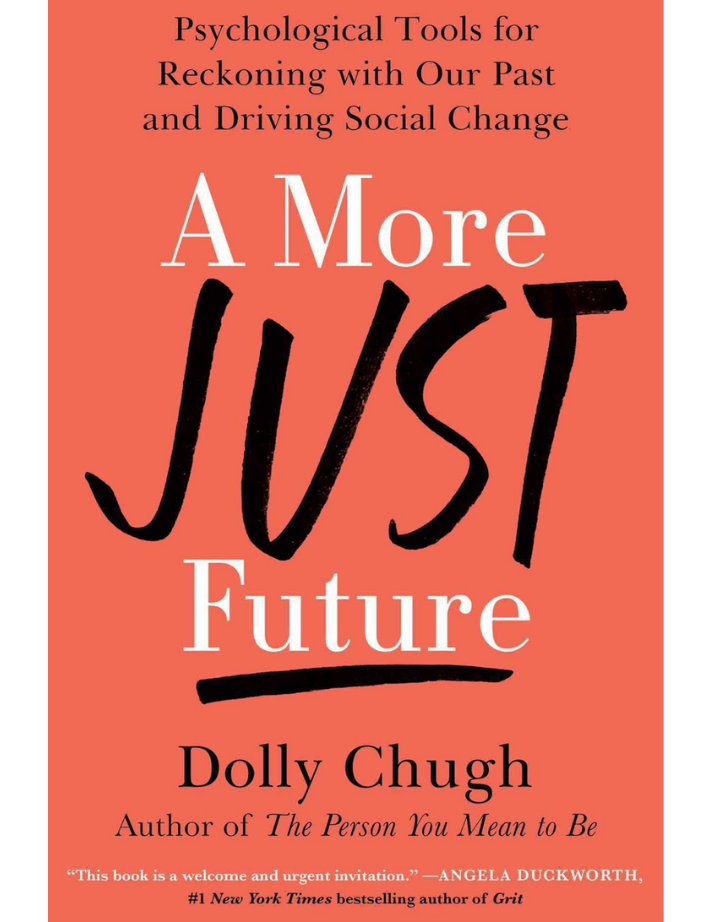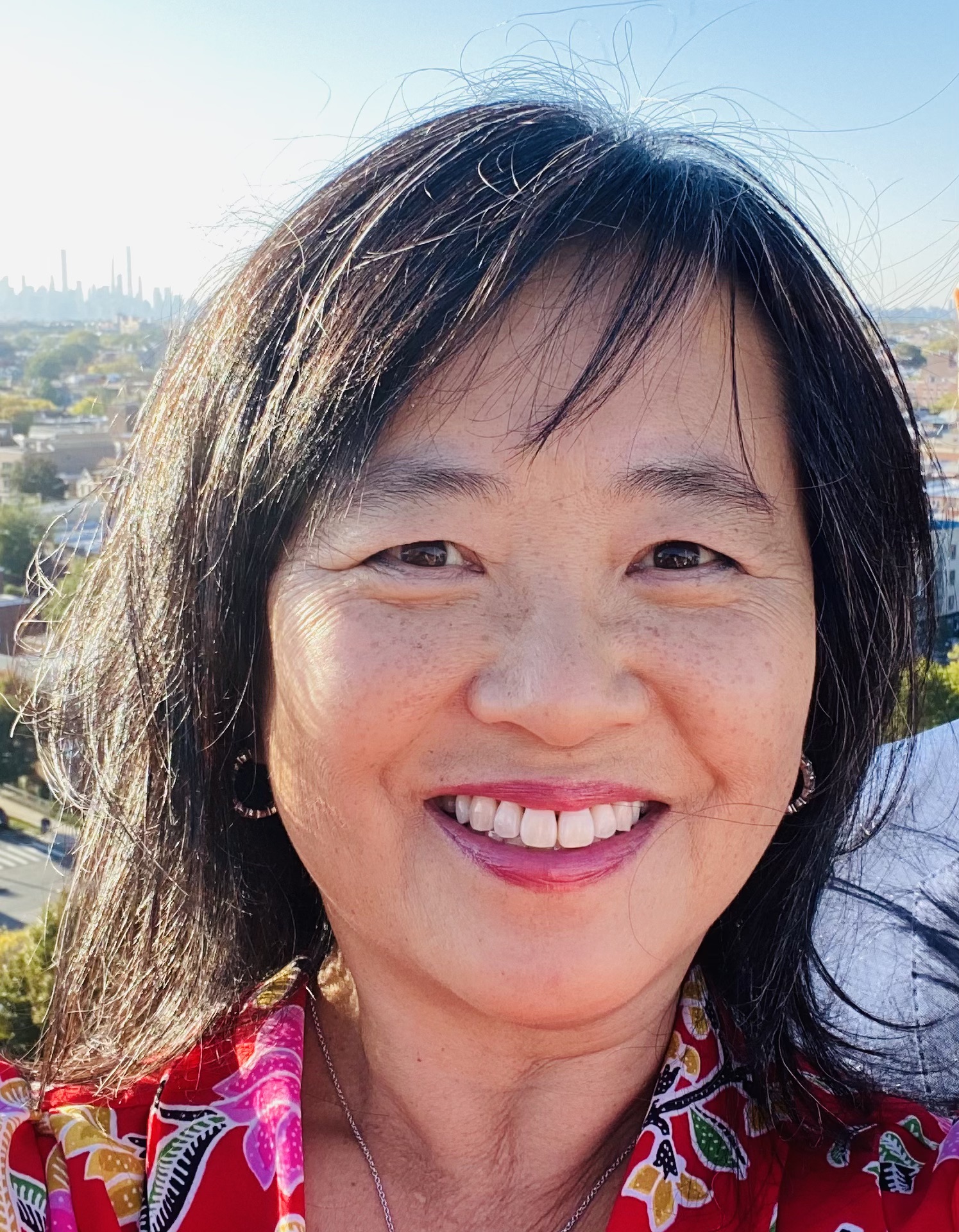Psychological Tools for Reckoning With Our Past and Driving Social Change
I awoke to the New York Times’, “Held and Beaten by Memphis Police as He Cried ‘Mom.’”
As a mother, I need to respond to his cry. I am left in agony for not having the power to repair what is gone forever. What can I possibly do? There must be a way towards repair, towards tikkun olam.
We must find a way not to relive this nightmare, over and over again. But how?
I have now had a few days to process what happened. On Sunday, I responded as a fellow mother, sharing in her anguish. On Monday, I responded with outrage for yet another incident of cruelty and violence against a human being and a fellow member of scapegoated groups. Today, I awaken looking for answers.
As a psychologist, I look to the study of human beings. I am reminded of A More Just Future, a book by fellow psychologist Dolly Chugh. What’s remarkable about Chugh’s approach to “a more just future” is that she reviews both the fields of history and psychology, while simultaneously holding herself accountable to the problems of injustice and all its consequent tragedies. She traces back to her own childhood when she inadvertently absorbed and was explicitly taught false beliefs that she identifies at the root of the dehumanization we see today.
One of the many concepts Chugh writes about is the “Good Guys Win Mindset.” Unconsciously, we have a bias to privilege the police (and others in authority) as the “good guys” since we are led to believe that they are supposed to protect us, in spite of their shameful origins and their current state. She writes, “Even when the status quo harms our own interests, we are often inclined to defend that status quo” (p. 14).
Tragically too, those who are now being questioned once thought of themselves as one of the good guys. They likely and erroneously believed they were on the right side of the law that terrible night. That possibility leads me to question: how do we privilege ourselves in always being one of the “good guys”? Are any of us above being questioned? Can we always absolve ourselves? Are we always the victims and never the perpetrators?
In her book, Chugh cautions against moral licensing: “Taking responsibility requires ongoing effort . . . The temptation to declare ourselves noble and the work done is seductive but deceptive” (p. 132). My friends at Emor hear in Dr. Chugh’s words those of Rabbi Tarfon, who said, “It is not your responsibility to finish the work, but neither are you free to desist from it” (Pirkei Avot 2:16).
With the help of history, psychology, and Judaism, we need to see ourselves, not only as part of the solution, but also as part of the problem: the ongoing work. Chugh tells the story of how we all since our innocent childhoods have learned to enable and justify harm against others. The work is daunting, and yet she has hope. She sees a “lesson in loving with a broken heart” (p. 138). She draws upon her own resilience. And as an adult, she takes responsibility. She yearns to heal the world by starting with herself. Through her own journey, she leads us to reckon with ourselves. I count myself in. The problem AND the repair are within me. The problem AND the repair are within each of us.
Dr. Jung Min Lee, Ph.D. is a mother, a writer, a cognitive psychologist, a teacher, a brand strategist, and an American. She is currently the Executive Director/President of the Parents Association of Richard R. Green High School of Teaching, a 501(c)3 nonprofit organization, and the founder & CEO of Cognitive Consulting Inc. She lives in Lower Manhattan with her Jewish husband and their teenage children.


